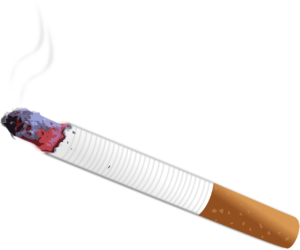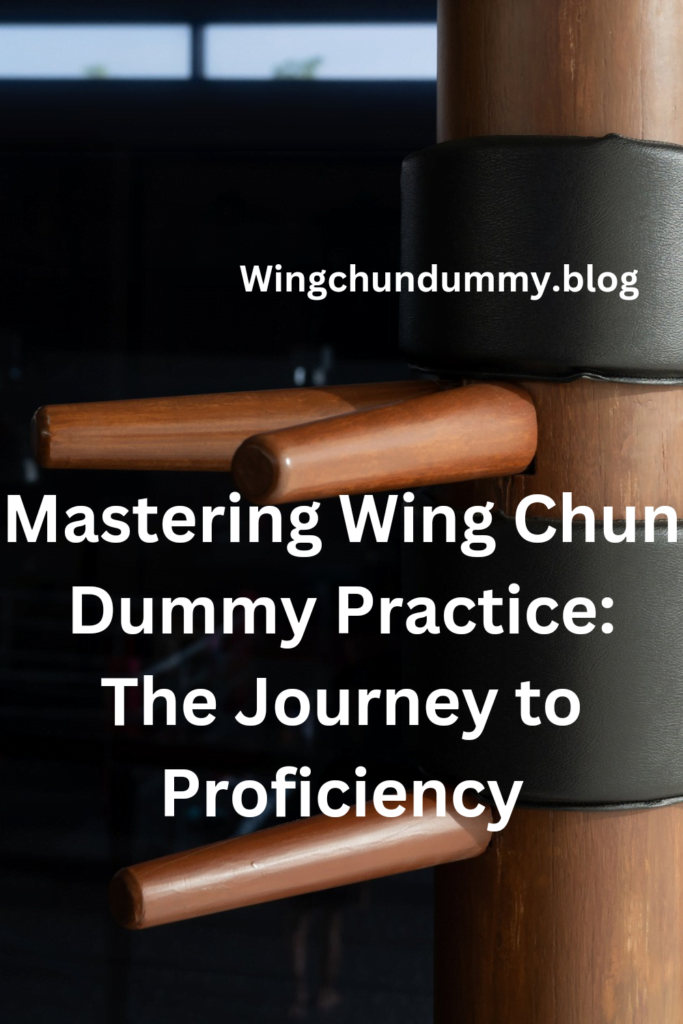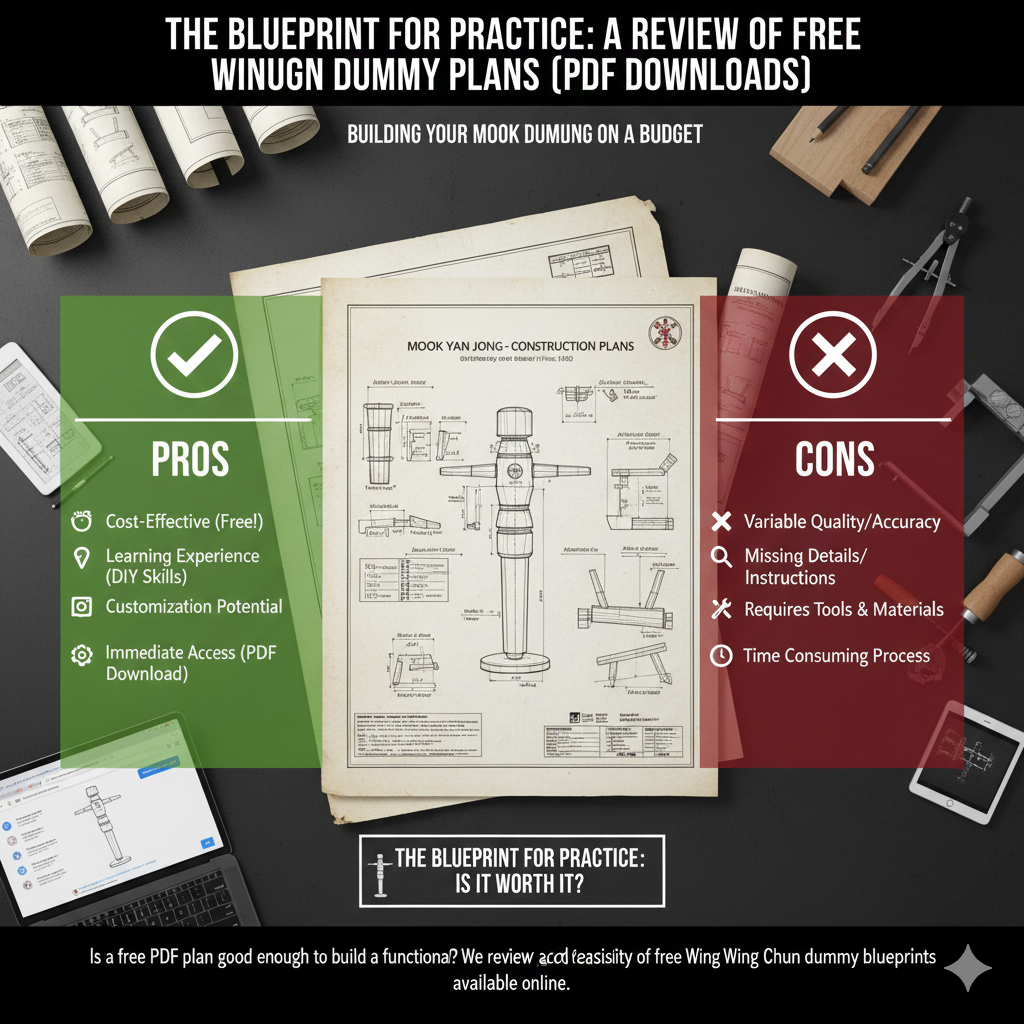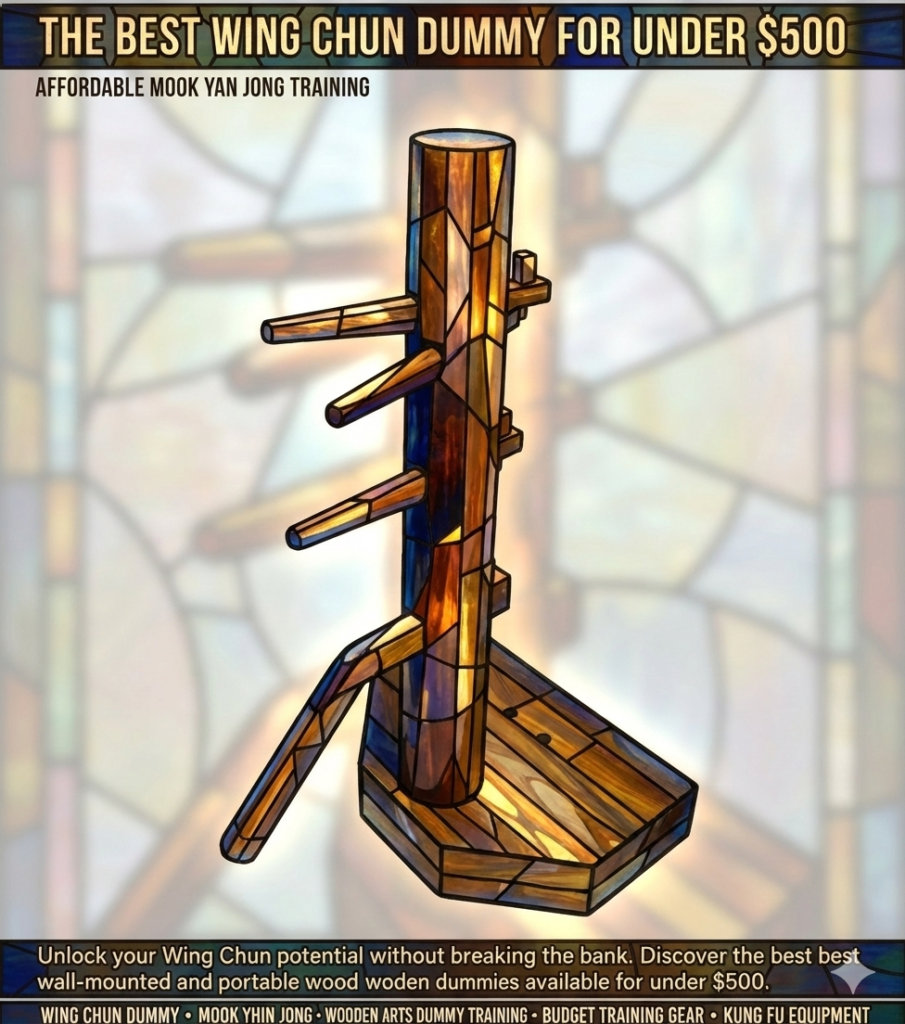Learning any martial art, including Wing Chun dummy practice, is a journey that requires dedication, perseverance, and time.
The duration it takes to become proficient in Wing Chun dummy practice can vary based on several factors.
Including the individual’s commitment, practice frequency, and prior experience in martial arts.
While it’s impossible to provide an exact timeframe that applies to everyone.
We can explore the typical progression and milestones associated with learning Wing Chun dummy practice.
The Fundamentals of Wing Chun Dummy Practice
Before delving into the time it takes to learn Wing Chun dummy practice, it’s essential to understand the fundamentals of this martial art.
Wing Chun is a traditional Chinese martial art known for its practicality, efficiency, and focus on close-range combat.
The wooden dummy, also known as the Muk Yan Jong, is a key training tool used in Wing Chun to develop precision, coordination, and technique.
When learning Wing Chun dummy practice, students are introduced to a series of forms, drills, and techniques.
That are designed to enhance their understanding of body mechanics, striking, and defense.
The wooden dummy features various protrusions and arms that simulate an opponent, allowing practitioners to refine their movements and responses.
Factors Influencing the Learning Timeline
Several factors can influence the time it takes to learn Wing Chun dummy practice:
- Commitment and Consistency: The frequency and consistency of practice sessions play a significant role in skill development. Regular, focused practice allows individuals to internalize techniques and concepts more effectively.
- Previous Martial Arts Experience: Individuals with prior experience in martial arts may find certain aspects of Wing Chun dummy practice more accessible due to their existing foundation in combat techniques and discipline.
- Physical Fitness and Agility: Physical conditioning and agility can impact an individual’s ability to execute techniques with precision and fluidity. Those with a strong fitness background may progress more rapidly in certain aspects of training.
- Quality of Instruction: The quality of instruction and guidance received during Wing Chun training can significantly influence the learning process. Experienced and knowledgeable instructors can expedite skill development through personalized feedback and targeted training methods.
- Individual Learning Pace: Each individual has a unique learning pace and aptitude for martial arts. Some may grasp concepts quickly, while others may require additional time to refine their skills.
Progression in Wing Chun Dummy Practice
As individuals embark on their journey to learn Wing Chun dummy practice.
They typically progress through distinct stages that contribute to their overall proficiency:
Foundation and Basic Techniques
During the initial phase of training, students focus on mastering fundamental stances, footwork, and striking techniques.
The emphasis is on building a strong foundation in Wing Chun principles and developing muscle memory for essential movements.
Integration of Wooden Dummy Training
As students advance, they begin integrating the wooden dummy into their training regimen.
This phase involves learning specific dummy techniques, understanding the applications of each sequence, and refining the coordination between hand and footwork.
Refinement and Application
With continued practice, individuals work on refining their techniques, enhancing their speed and power.
And gaining a deeper understanding of the practical applications of Wing Chun dummy movements in real combat scenarios.
This stage often involves partner drills and sparring to test and apply learned skills.
Mastery and Continuous Growth
Mastering Wing Chun dummy practice is an ongoing pursuit that requires dedication and a commitment to continuous improvement.
Even those who have achieved a high level of proficiency continue to refine their skills, explore advanced concepts, and mentor others in their martial arts journey.
Estimated Timeframe for Proficiency
While it’s challenging to provide an exact timeframe for mastering Wing Chun dummy practice.
It’s not uncommon for dedicated practitioners to see significant progress within a few years of consistent training.
However, achieving a high level of mastery and expertise can take many years of disciplined practice and refinement.
It’s important to approach the learning process with patience and a long-term perspective.
Focusing on gradual improvement and embracing the challenges and rewards that come with mastering Wing Chun dummy practice.
In conclusion, the time required to learn Wing Chun dummy practice varies for each individual and is influenced by a combination of personal commitment, training environment.
And inherent abilities. Embracing the journey with dedication and a willingness to learn and grow is key to realizing the full potential of this traditional martial art.
Developing Mental Discipline and Patience
Alongside the physical aspects of learning Wing Chun dummy practice, the development of mental discipline and patience is equally crucial.
Martial arts, in general, are not just about physical techniques but also about cultivating mental fortitude, focus, and self-control.
In the context of Wing Chun dummy practice, students must learn to approach their training with a calm and concentrated mindset.
This includes being able to maintain their composure, even when facing challenges or frustrations during the learning process.
Developing the ability to stay present, observe their own progress, and remain patient with themselves is a vital component of mastering this martial art.
Through regular practice and guidance from experienced instructors, students learn to harness their mental energy, visualize their techniques, and overcome mental barriers that may hinder their physical development.
This mental discipline not only enhances their overall performance on the wooden dummy but also translates to various aspects of their personal and professional lives.
The Benefits of Wing Chun Dummy Practice
Engaging in Wing Chun dummy practice offers a multitude of benefits that extend beyond the physical realm.
By dedicating time and effort to this martial art.
Individuals can experience a range of advantages that positively impact their overall well-being.
Improved Physical Fitness
Wing Chun dummy practice is a demanding physical activity that requires strength, flexibility, and endurance.
Consistent training can lead to enhanced cardiovascular fitness, muscle tone, and overall physical conditioning.
The dynamic movements and precision-based techniques involved in dummy training contribute to the development of a strong, resilient, and agile physique.
Enhanced Self-Defense Capabilities
At the core of Wing Chun lies the principle of effective self-defense.
By mastering the techniques and principles of dummy practice.
Individuals acquire a deeper understanding of close-range combat, hand-eye coordination.
And the ability to respond effectively in potentially threatening situations.
This increased self-defense awareness can provide a sense of confidence and security in everyday life.
Improved Coordination and Balance
The intricate movements and footwork patterns of Wing Chun dummy practice require precise coordination and balance.
Through regular training, individuals develop greater body awareness, proprioception, and the ability to move fluidly and efficiently.
This improvement in coordination and balance can have a positive impact on various aspects of an individual’s life, from sports and physical activities to daily tasks and movements.
Stress Relief and Mental Clarity
Engaging in the focused and disciplined practice of Wing Chun dummy training can provide a valuable outlet for stress and tension.
The combination of physical exertion and mental focus creates a meditative state, allowing practitioners to clear their minds and achieve a greater sense of mental clarity and well-being.
This can lead to improved overall mental health, better decision-making, and a more balanced approach to life’s challenges.
Personal Growth and Confidence
The journey of learning Wing Chun dummy practice is often accompanied by a sense of personal growth and increased confidence.
As students progress through the various stages of training, they experience a sense of accomplishment, resilience, and the ability to overcome challenges.
This can translate to greater self-esteem, improved problem-solving skills.
And a heightened sense of personal empowerment that extends beyond the confines of the martial arts training hall.
Incorporating Wing Chun Dummy Practice into Your Lifestyle
Integrating Wing Chun dummy practice into your lifestyle requires a balanced and sustainable approach.
It’s essential to establish a consistent training routine that fits seamlessly into your daily schedule.
Ensuring that you can maintain your commitment and dedication over the long term.
Prioritizing Regular Practice
Consistent practice is the key to mastering Wing Chun dummy techniques.
Aim to allocate a dedicated time slot, even if it’s a shorter duration, to ensure that you engage with the wooden dummy on a regular basis.
This consistent practice will allow you to build muscle memory, refine your movements, and gradually progress in your skills.
Creating a Conducive Training Environment
Establishing a dedicated training space, even if it’s a small area in your home, can greatly facilitate your Wing Chun dummy practice.
Ensure that the space is free from distractions and allows you to move freely without any obstacles.
Consider investing in a suitable wooden dummy or a training stand to provide a realistic training experience.
Seeking Guidance from Experienced Instructors
While self-practice is valuable, seeking guidance from experienced Wing Chun instructors can significantly accelerate your learning and development.
Attending regular classes or workshops can provide you with personalized feedback, corrective measures, and a deeper understanding of the nuances of this martial art.
Instructors can also help you identify and address any technical or physical limitations you may face.
Maintaining a Balanced Lifestyle
Integrating Wing Chun dummy practice into your lifestyle should be done in a way that complements your overall well-being.
Ensure that you maintain a balanced approach, incorporating sufficient rest, nutrition, and cross-training activities to support your physical and mental recovery.
This holistic approach will not only enhance your progress in Wing Chun but also contribute to your overall health and performance in other areas of life.
Frequently Asked Questions about Wing Chun Dummy Practice

How often should I practice on the Wing Chun dummy?
The frequency of practice can vary depending on individual goals and abilities.
However, most experts recommend practicing on the Wing Chun dummy at least 2-3 times per week for consistent skill development. Longer, more frequent sessions (e.g., 30-60 minutes) tend to be more beneficial than shorter, sporadic practice.
Can I learn Wing Chun dummy practice by myself, or do I need an instructor?
While it is possible to learn the basic forms and techniques of Wing Chun dummy practice through self-study, having an experienced instructor is highly recommended.
An instructor can provide invaluable guidance, feedback, and correction of your form and technique.
Which can significantly accelerate your learning process and help you avoid developing bad habits.

Is Wing Chun dummy practice suitable for beginners?
Yes, Wing Chun dummy practice is suitable for beginners, as it provides a structured and progressive approach to learning the art.
Many Wing Chun schools offer introductory classes and techniques specifically designed for newcomers to help them build a strong foundation.
With patience and consistent practice, beginners can gradually progress to more advanced dummy techniques.
How long does it typically take to become proficient in Wing Chun dummy practice?
The time it takes to become proficient in Wing Chun dummy practice can vary greatly depending on factors such as the individual’s dedication.
Training frequency, prior martial arts experience, and the quality of instruction.
Generally, it can take anywhere from 1 to 5 years of consistent practice to achieve a high level of proficiency.
With regular students typically seeing significant progress within the first 1-2 years of dedicated training.
Can Wing Chun dummy practice be integrated with other martial arts?
Absolutely! Wing Chun dummy practice can be effectively combined with other martial arts, such as Jiu-Jitsu, Muay Thai, or Boxing.
The principles and techniques learned in Wing Chun can complement and enhance one’s skills in these other martial arts.
Providing a more well-rounded and versatile approach to self-defense and combat situations.



